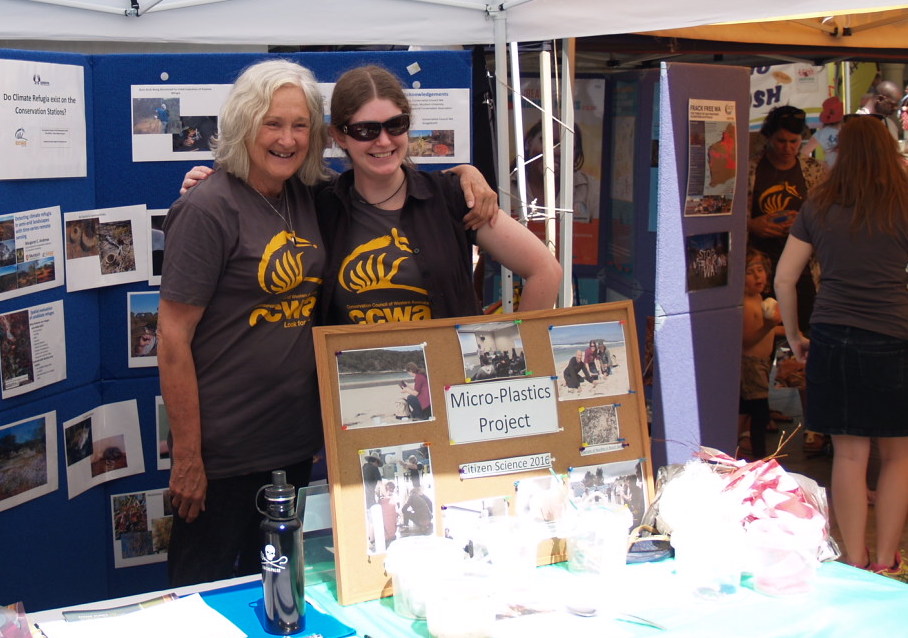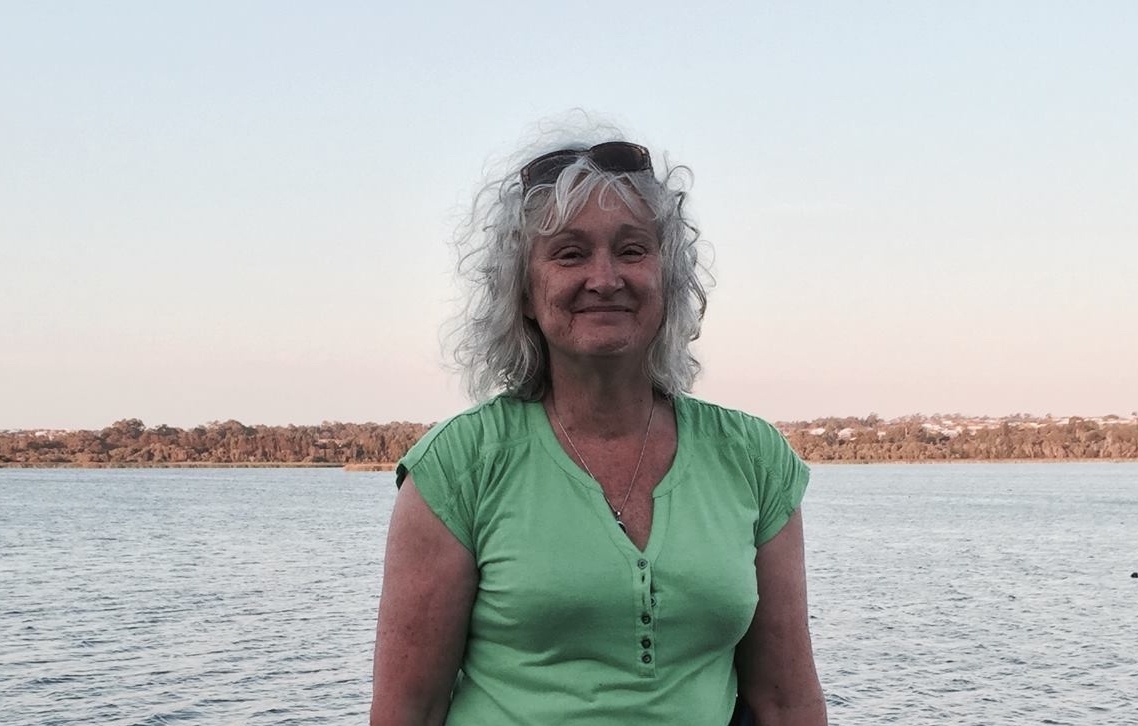Anyone who has visited the CCWA office over the past few months will have noticed that we have been clearing out our old archives to make space for storage in the CCWA office.
Our wonderful volunteer archivist Wendy Morris has been overseeing this project, coming in every week for a few hours or a whole day to go through the archives – some of which had not been touched for decades.
During the process, Wendy has unearthed some real treasures including:
- CCWA’s detailed proposal for new ‘endangered species legislation’ in June 1992, and brochure for CCWA conference on the proposed ‘Biodiversity Conservation Act’ a decade later in 2003 (it only took 25 years and we are still not there yet!)
- Records of when CCWA took Alcoa to court in the USA in 1991 in an attempt to stop bauxite mining in the Darling Scarp
- Records of CCWA’s leading role in advocating for the establishment of the WA Environmental Protection Authority and pollution control legislation, the Environmental Protection Act
- Records of the many donations that were made to the Save Our Old Growth Forests campaign which helped deliver a change of government and large new National Parks in the South West in 2001
- 1991 Greenhouse Strategy for Western Australia published by the WA Greenhouse Coordination Council established by the WA Government (including CCWA as a member)
- 1988 Conference Proceedings on the Greenhouse Effect and Ozone Depletion with VHS video tape and forward by Carmen Lawrence, Education Minister – and now CCWA President
- 1987 State Conservation Strategy for Western Australia covering both natural and cultural heritage, including WA’s first State for the Environment report – prepared by a working committee including CCWA and published by the WA Department of Conservation and Environment
- The attendance records and minutes for CCWA Council meetings dating back to the 1970s (some of the people are still attending Council meetings today!)
But what was really interesting was the many boxes of carefully archived and indexed correspondence between CCWA and various Ministers, agencies, politicians, and businesses over the years.

These archives provide a fascinating insight into the activities of our state’s peak conservation group over time.
These letters and other records would represent tens of thousands of hours of volunteer time and research, and would have helped deliver better environmental protection in so many big and little ways across the state. We all benefit from this now. We could not help but think of the back stories behind each one of these documents, the passion for standing up for wildlife and special places, and the commitment to challenging industry and government when environmental damage is taking place.
All Western Australians owe a huge debt of gratitude to all the people who contributed to the efforts recorded in the CCWA archives over the years.
But with little available storage space we were confronted with the question of what to do with these boxes – and the agonising prospect that they could be discarded and their secrets lost forever!
With a phone call to the wonderful staff at the Batty Library, we had our answer – they would take the records and eventually place them in public archives accessible to all!
This was a reminder to us of the value of publicly funded archives for important historical material which organisations like CCWA are unable to store, or make available to the public themselves. In the future, people will write books and PhDs drawing from this information.
We don’t know how many others are willing to place their entire work on the public record – unfiltered for anyone to see and examine. No doubt there will be some gems hidden in there.
Going through the archives has also provided an important and timely reminder of how much environmental advocacy has changed in the last 20 years.
Back then, CCWA and its member groups wrote hundreds of letters, detailed submissions, and other correspondence – all in hard copy!
These days we can deliver a letter with the click of a mouse. However facts and evidence carry much less weight in today’s post-truth politics, so the CCWA community have adapted and embraced new ways of achieving change, with community organising at the centre of our new approach.
Some recent examples of community organising include the thousands of people who voted for the environment for the first time at the March election, the incredible community campaign to protect the Beeliar Wetlands over the summer of 2016, and more recently the incredible community turnout supporting a Frack Free Future at the WA Labor State Conference.
Other recent community-driven actions include the hundreds of people who have divested from fossil fuels by switching their banks and superannuation funds.
And let’s not forget the Citizen Science that is breaking new ground on environmental knowledge, engaging communities, and driving improved environmental protection standards.
And the legal proceedings CCWA has commenced with Traditional Owners in the Supreme Court to prevent damage to cultural heritage and extinction of unique species at the Yeelirrie uranium project.
All of these actions and many, many, more are making a real difference for our environment and communities across the state.
So what will our archives look like in the future?
We hope they will look like a clean and healthy environment we can pass on to future generations – and just as important, a powerfully united and growing community of people who know how to work together to defend it.
































